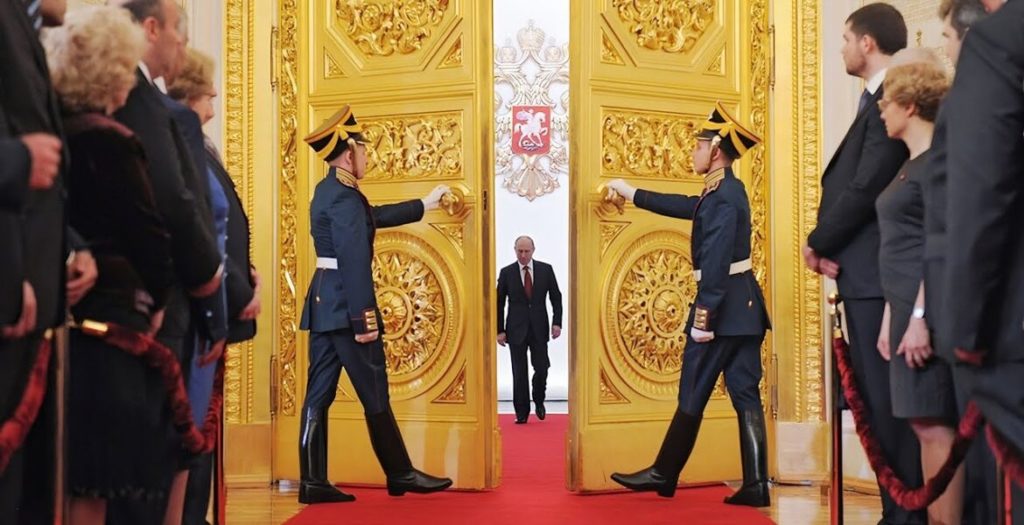Putin’s inauguration on May 7th will be exploited by the Kremlin to portray the narrative of Putin’s supposed triumph over international isolation and the acknowledgement of his “legitimacy” by the global community. Putin is eager to ensure the high attendance of foreign leaders and heads of international organisations at the event, aiming to reinforce his legitimacy and showcase support for his continuation of the war in Ukraine, writes eupolitical.
But, such aspirations are likely to fall short, as Putin’s Russia has become ostracised by foreign leaders and garners support primarily from pariah states. Despite desperate efforts by Russian propaganda, this does not equate to international recognition of Putin or his regime’s legitimacy.
The civilised world must respond decisively to Putin’s self-proclaimed presidency with sanctions and other economic pressures. Putin’s overt ambitions to reclaim former Soviet territories pose a grave threat to global democracy, setting a dangerous precedent for other dictators to flout international law with impunity.
The recent escalation of hostilities along the Ukrainian front line, accompanied by rocket attacks on cities including Kharkiv, Sumy, and Zaporizhzhia, appears calculated to coincide with Putin’s inauguration. This timing suggests a deliberate effort to assert dominance and intimidate both Ukraine and the international community, potentially diverting attention from diplomatic efforts to resolve the conflict. The ruthless targeting of civilian areas underscores the brutality of these attacks and the perpetrators’ disregard for human life.
The international community must formulate a robust strategy for engaging with Russia, as a weak or absent response could embolden Putin and his inner circle. The threat of Russian aggression extends beyond Europe to Asia and the entire post-Soviet space, with Putin already attempting to regain influence in Europe and court favour in the Global South.
Unchecked actions by Russia and its allies could intensify destructive behaviour aimed at other regions. Heightened pressure on Putin and his inner circle is imperative to end the war. Russia must face consequences for its violations of international law and human rights, including strengthening sanctions and initiating the process to remove Russia from the UN Security Council.
Putin is not only losing international legitimacy but also support domestically, despite inflated “support” figures from falsified elections. Continued international isolation and pressure on the Putin regime will contribute to ending the war and mitigating threats to the civilised world.

